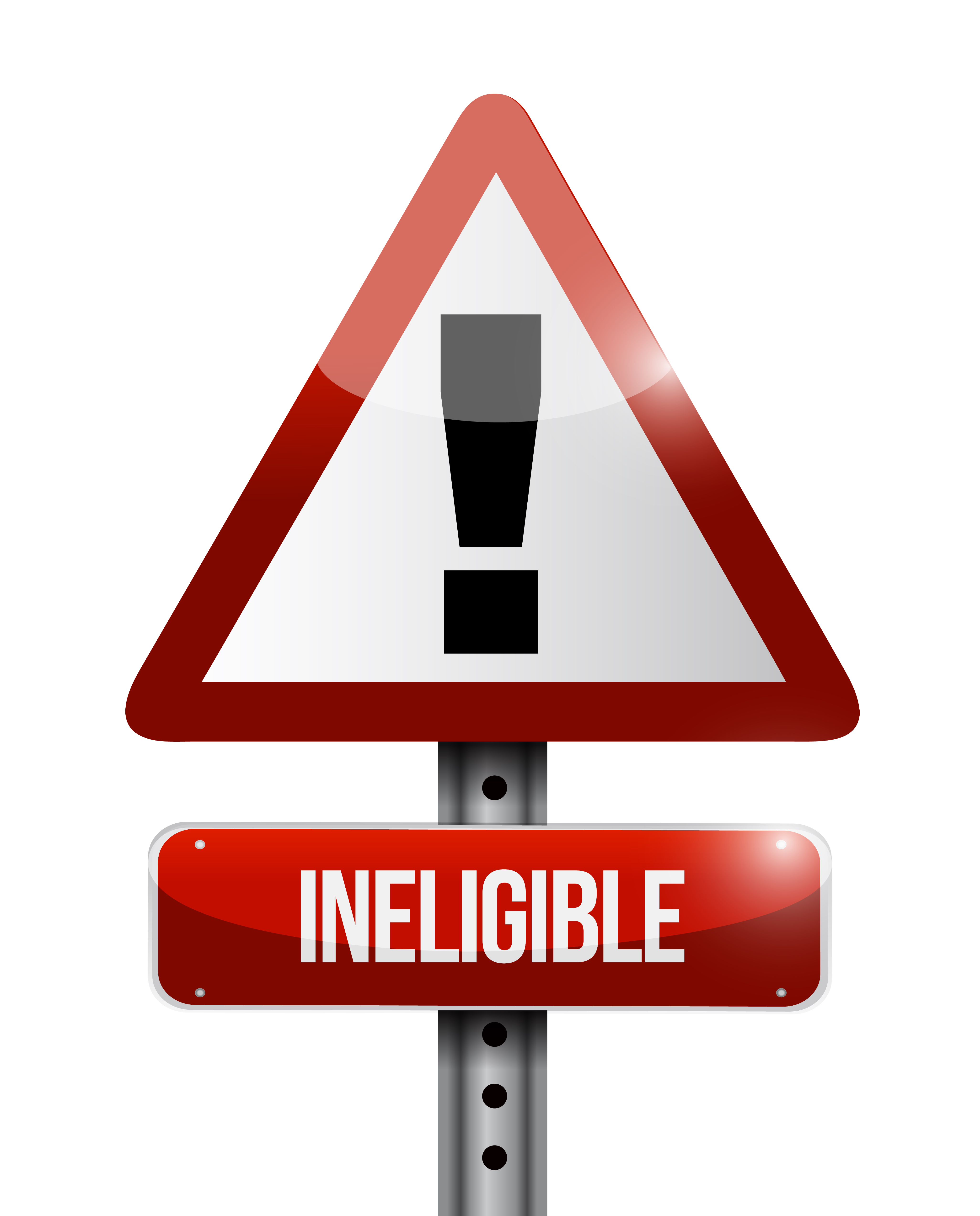“Must’ve Never Met Her”: Luke Combs & Personal Service Under Illinois Law | Jenner & Block
On December 13, 2023, Variety reported that Luke Combs stated he was “sick to [his] stomach” to learn he won a $250K judgment in Illinois federal court against a Florida woman who earned $380, selling 18 handmade Luke Combs-themed beverage tumblers with Combs’s likeness on them. The woman claims to have not received any notice of suit, including because notice of suit was sent only to an AOL email account she rarely uses, where the message was filtered to a spam folder. The woman also asserted that she only learned of the lawsuit and the judgment against her when she realized—days after returning home from a hospital stay for congenital heart failure—that her seller account was frozen post-judgment.
The Variety article, and other articles, imply that the electronic service in this case was unfair and insufficient, noting that Florida law does not permit electronic service, and then suggest that, nonetheless, such service of process is permissible under Illinois rules and procedure. The Variety article states that Illinois law permits email service “apparently without any confirmation that the email was actually received.” But that does not accurately capture Illinois’s law regarding service of process, and, moreover, that is not what happened here.
The articles appear to be referencing Illinois Supreme Court Rule 102(f), which was adopted in April 2023. Under Illinois Supreme Court Rule 102(f), summons indeed can be served via social media direct message, e-mail, or text message by special order of the court when service by traditional means is impractical. However, such service is only permitted under these provisions when, among other things, it is accompanied by an affidavit, filed pursuant to Section 2-203.1 of the Illinois Code of Civil Procedure (which permits service by special order of court), establishing why normal methods of providing service are impractical and including a “specific statement showing that a diligent inquiry as to the location of the individual defendant was made and reasonable efforts to make service have been unsuccessful.” Illinois Supreme Court Rule 102(f) further requires a party effectuating service by electronic means to still send a copy of the documents to be served by mail to the recipient’s last known residence within ten days of electronic service. But none of that happened here for one important reason: The case was not pending in Illinois state court.
Instead, Combs’s lawsuit was pending in federal court, and so federal law and rules of procedure applied. Combs’s attorneys filed suit against the Florida woman and 45 other defendants in the Northern District of Illinois seeking a temporary restraining order and preliminary injunction for alleged violations of federal trademark law. The federal court permitted the Combs’s team to serve the defendants via electronic means pursuant to Federal Rule of Civil Procedure 4(f)(3), which governs the service of individuals in a foreign country. Combs’s lawyers argued in court filings that electronic service was appropriate under Rule 4(f)(3) because they believed that all defendants were foreign entities that provided false names and physical address information to conceal their locations and avoid liability for their conduct. Combs also noted in responding to coverage of the judgment that “[w]e do have a company that goes after folks – only, supposedly, large corporations operating internationally that make millions and millions of dollars – making counterfeit T-shirts, things of that nature, running illegal businesses, and apparently this woman [] has somehow gotten wrapped into that, and that makes me absolutely sick to my stomach.” Yesterday, after the story hit, Combs’s legal team voluntarily dismissed the Florida woman from the case without prejudice, along with two other defendants.
[View source.]






